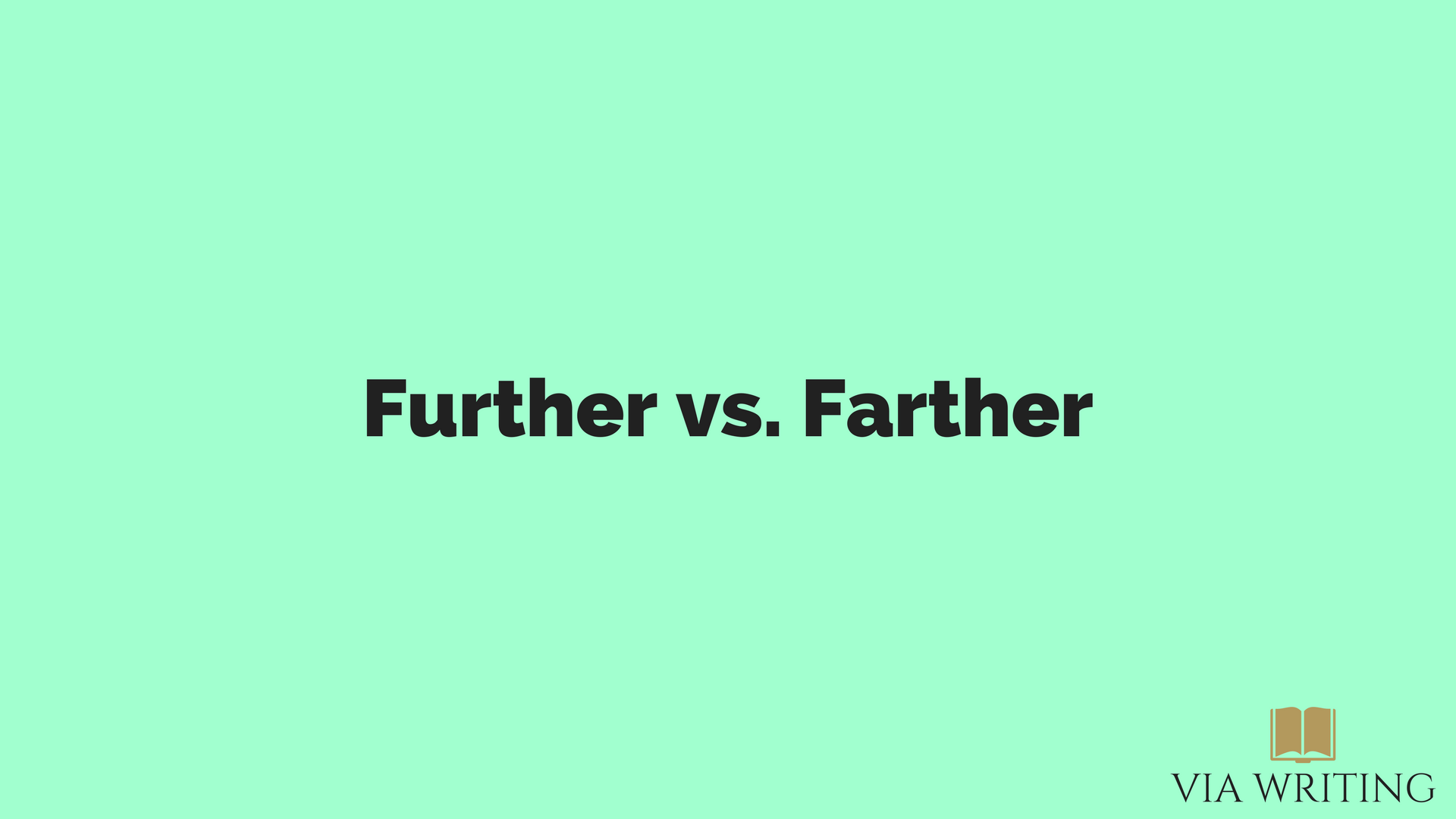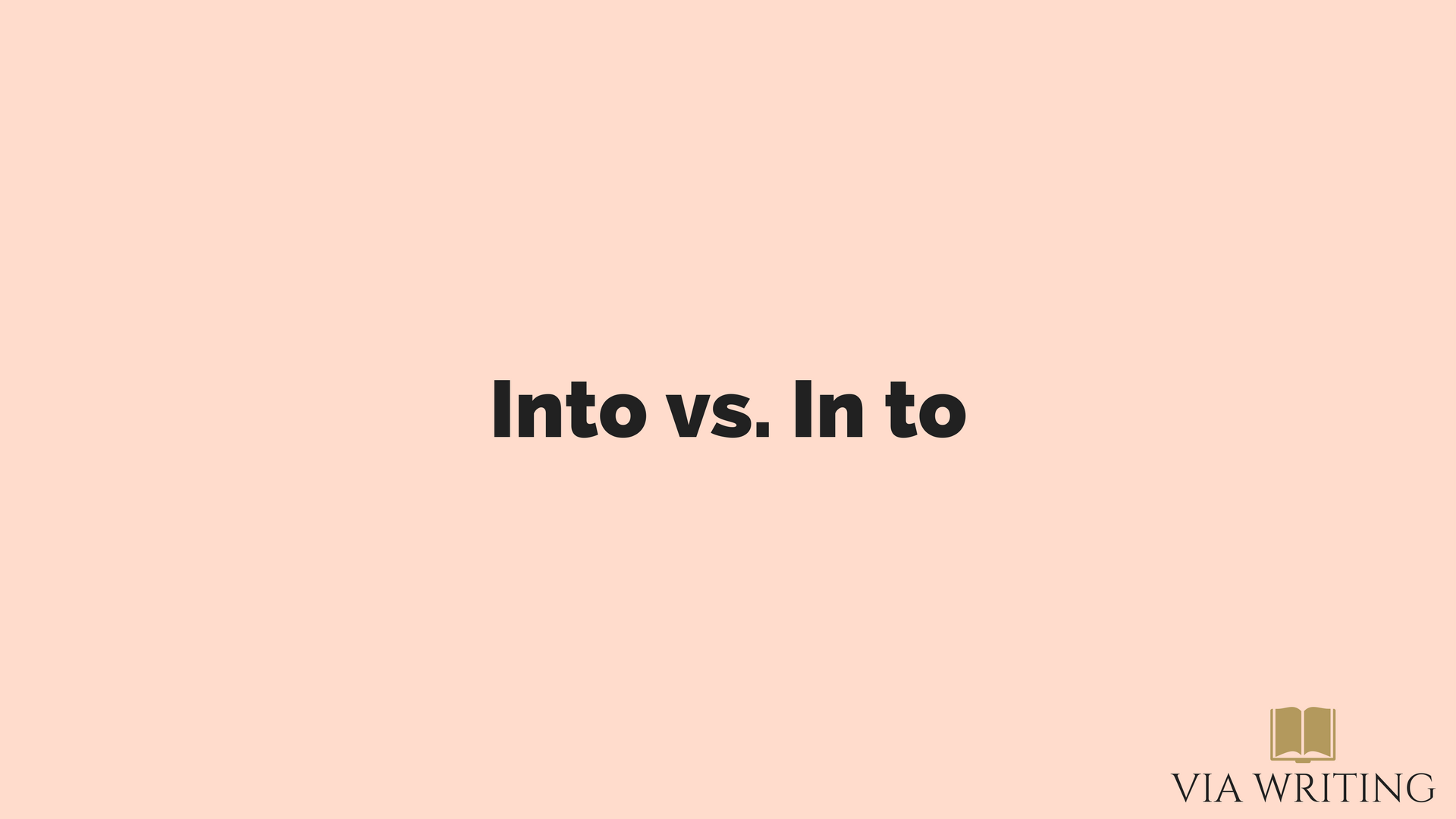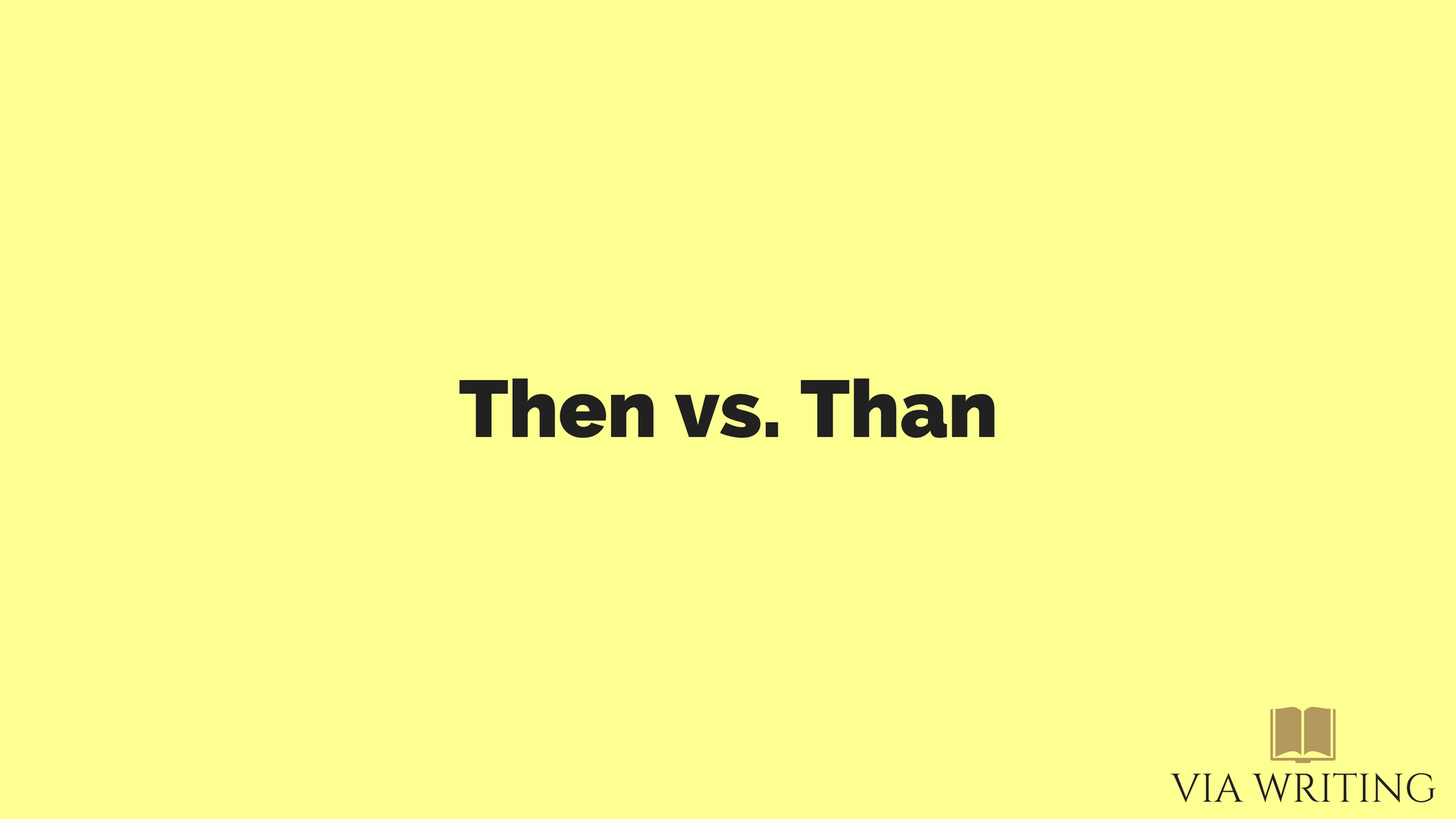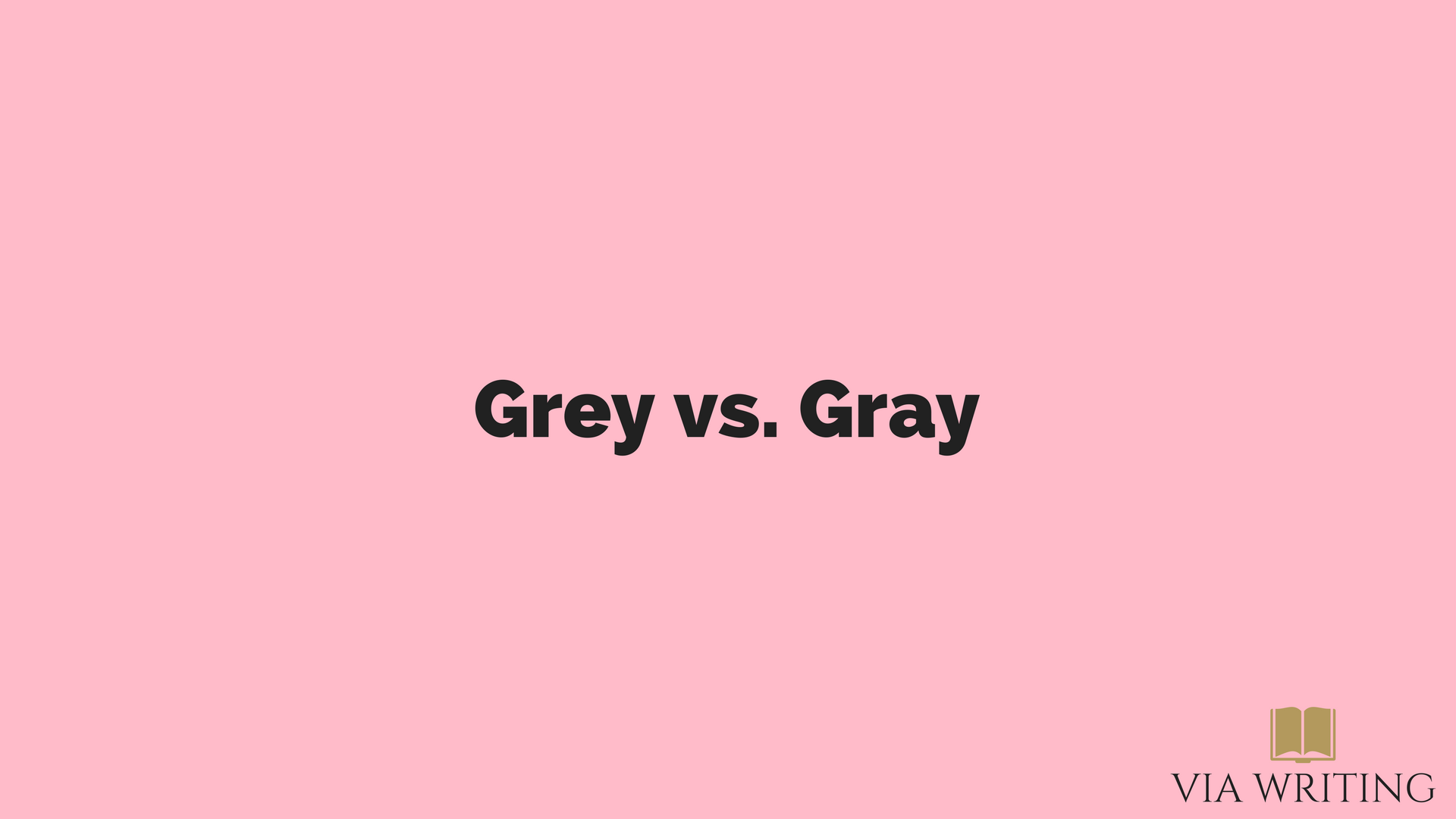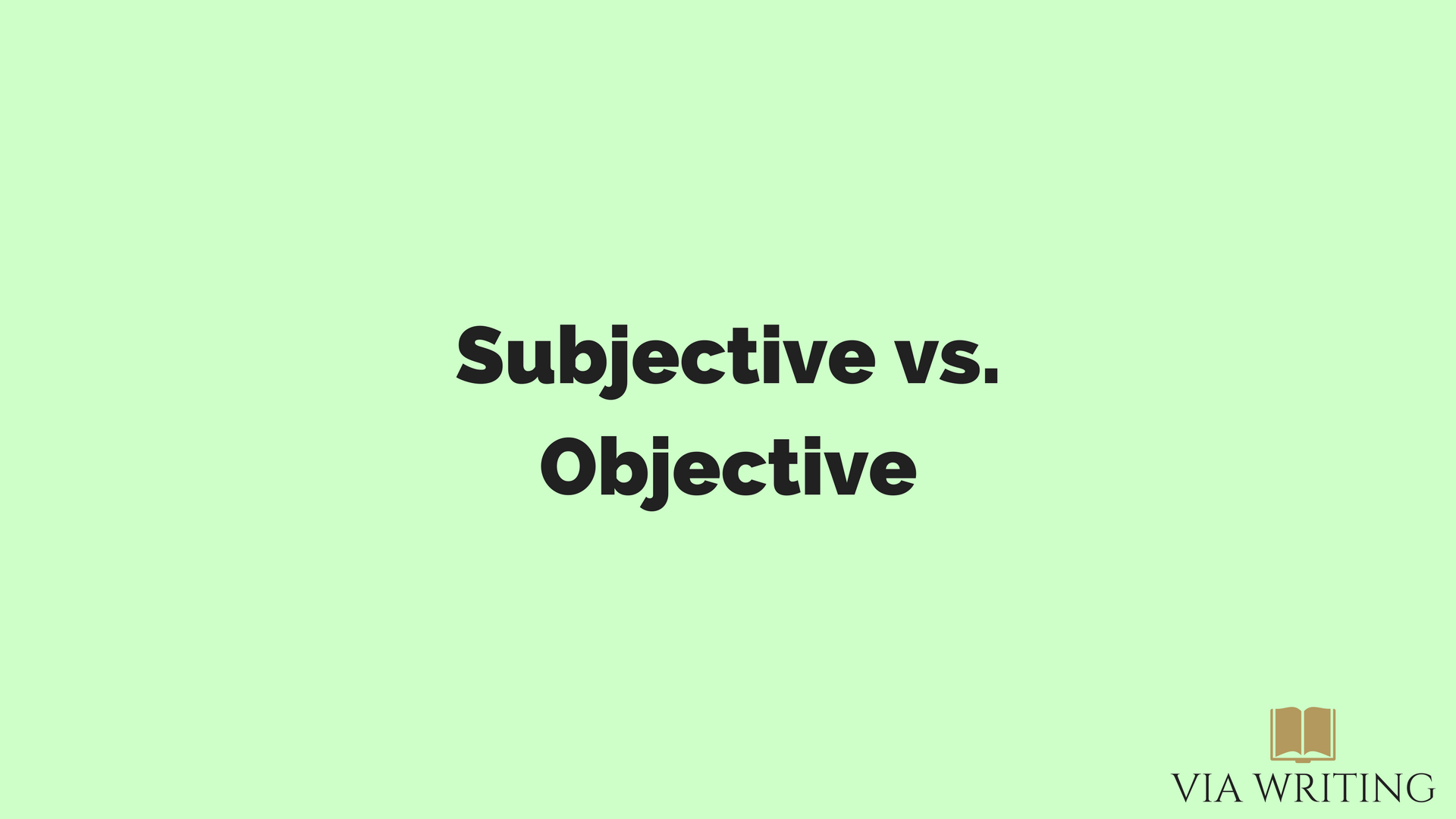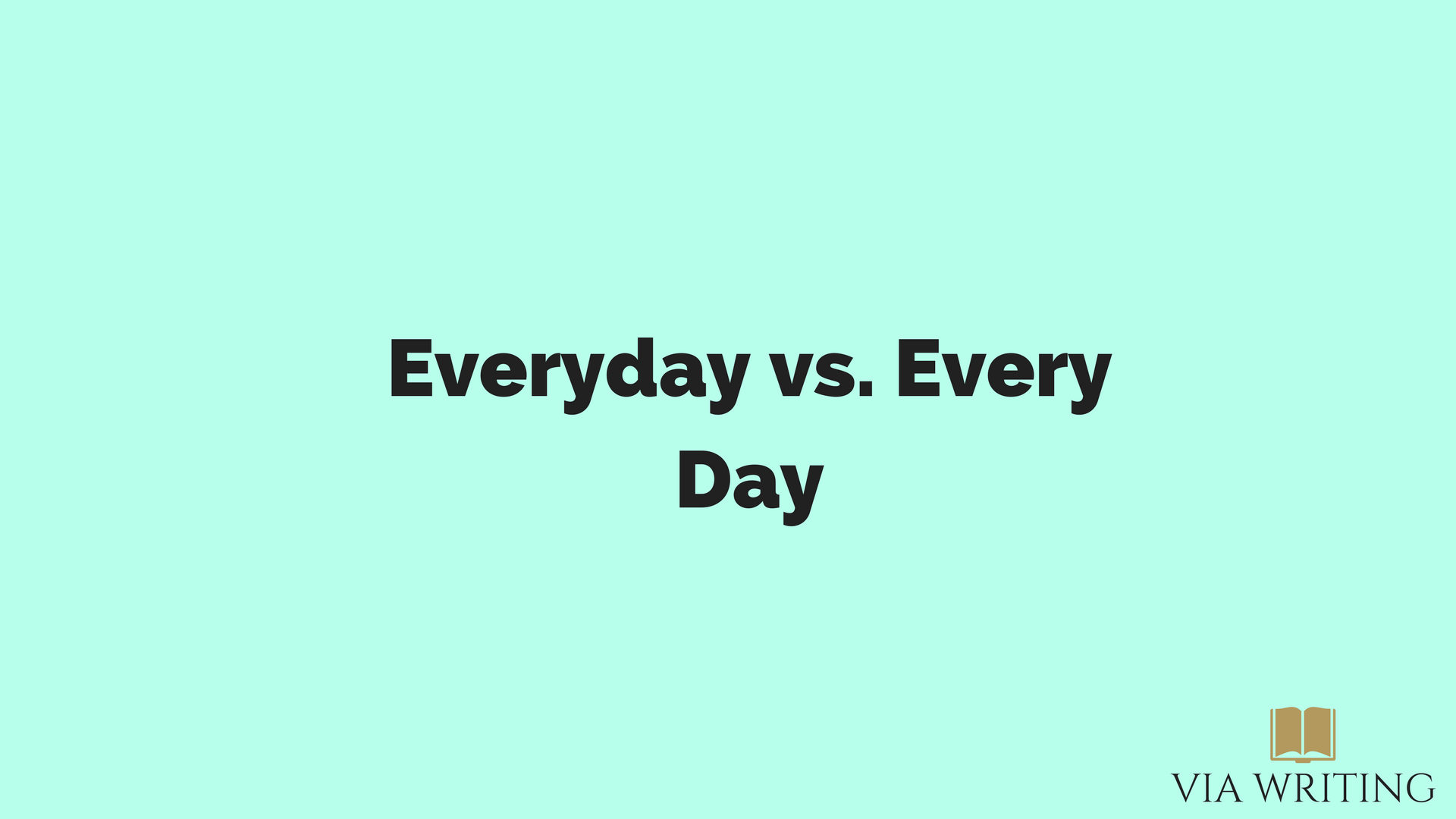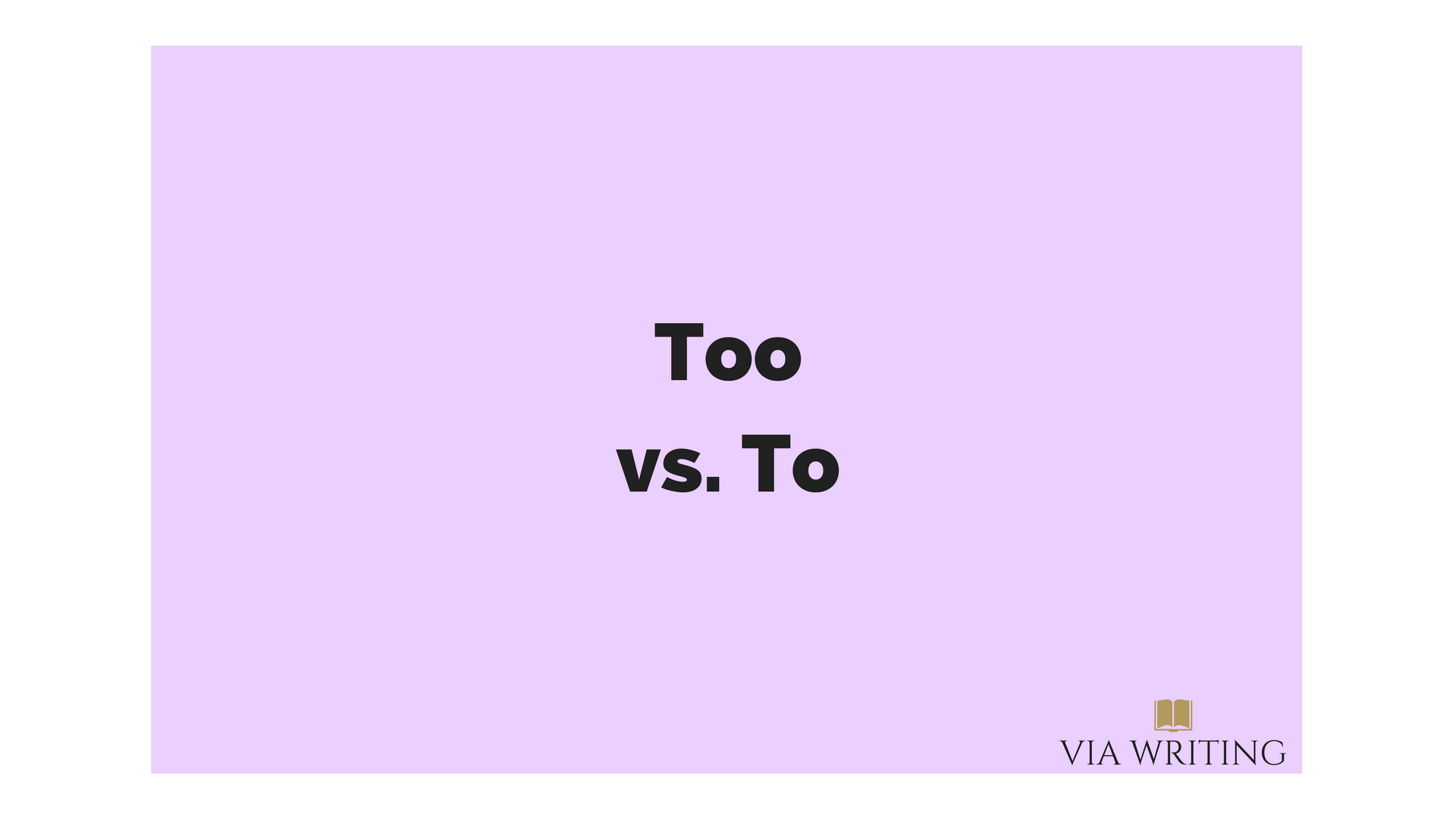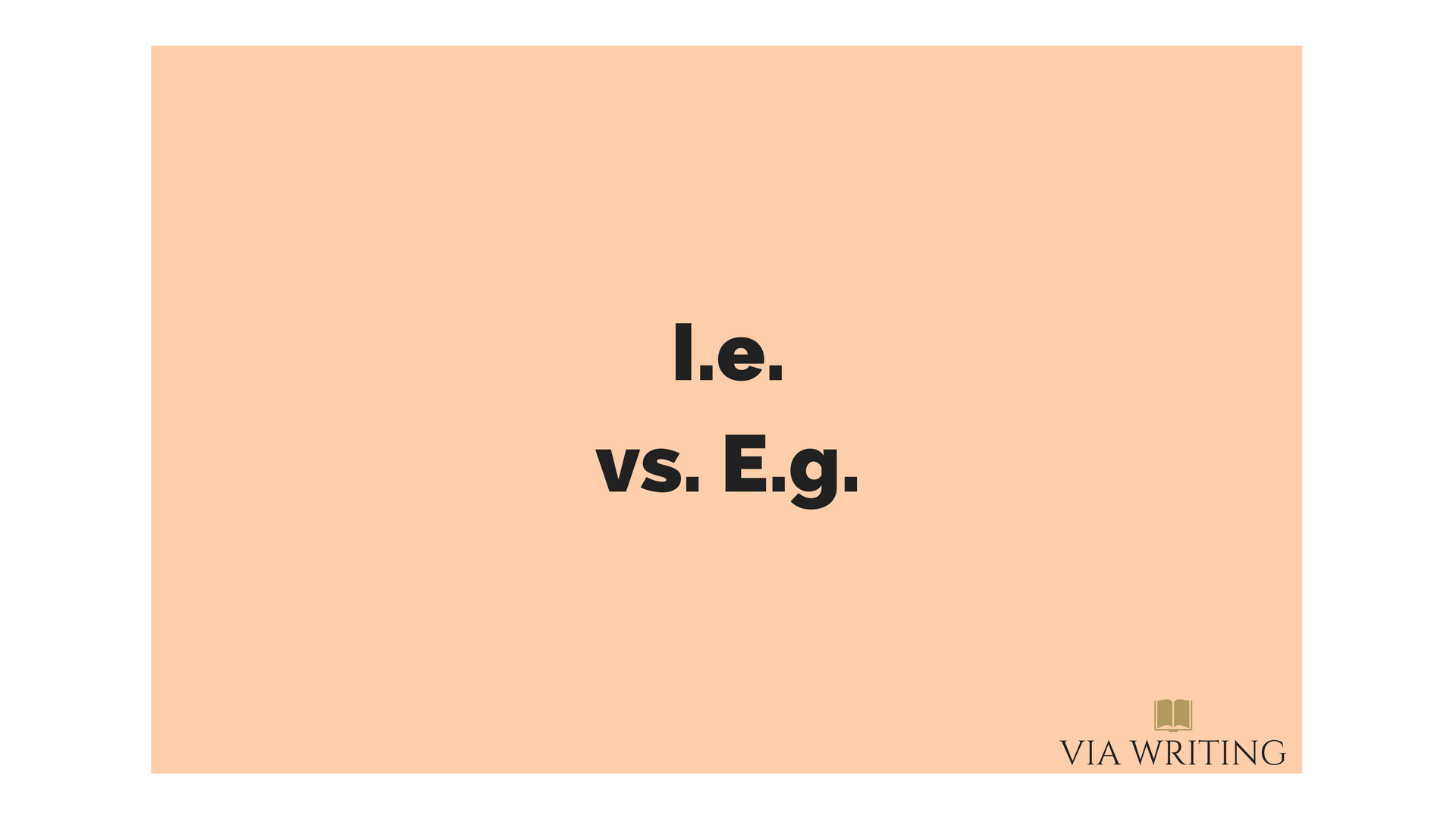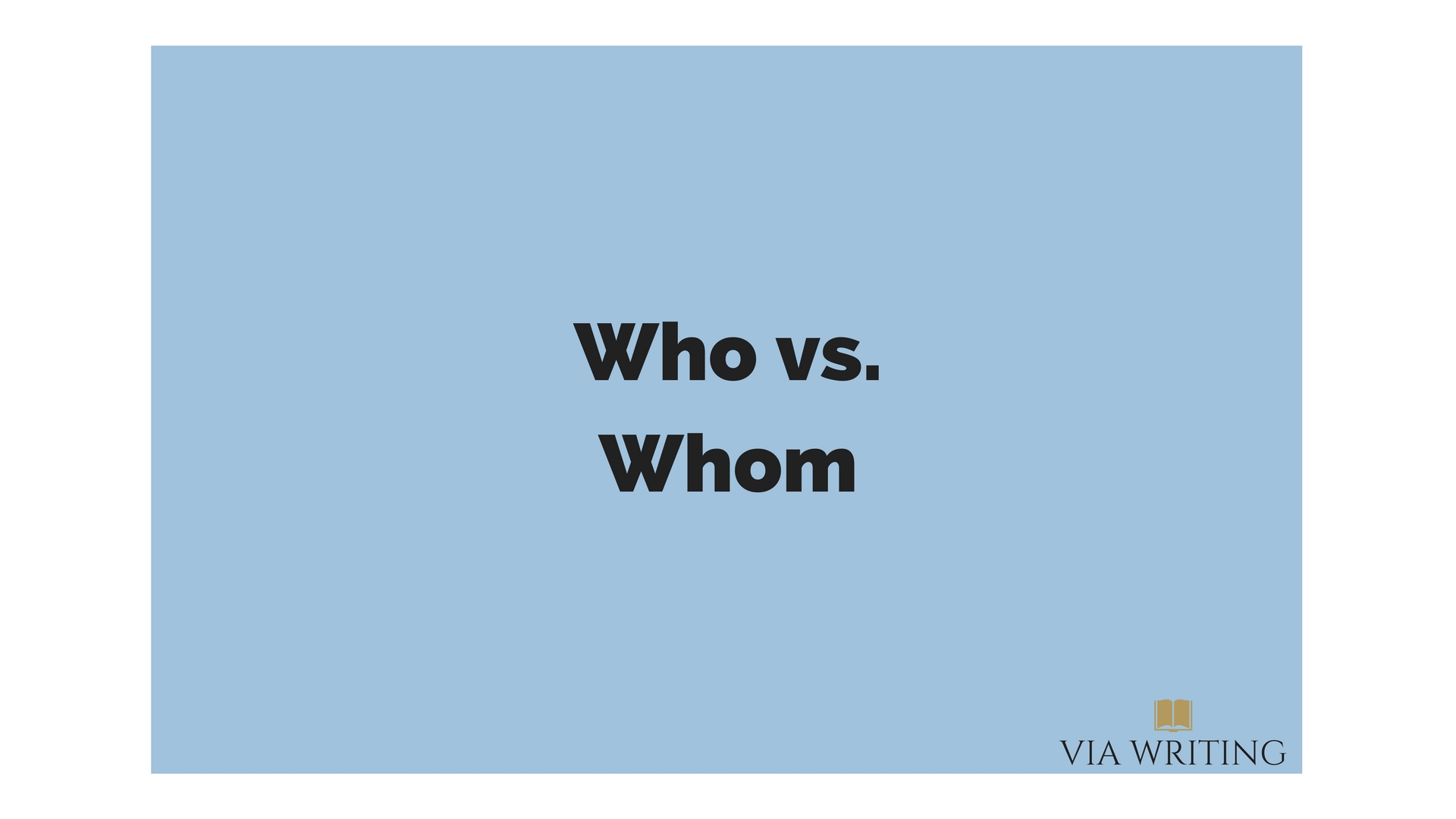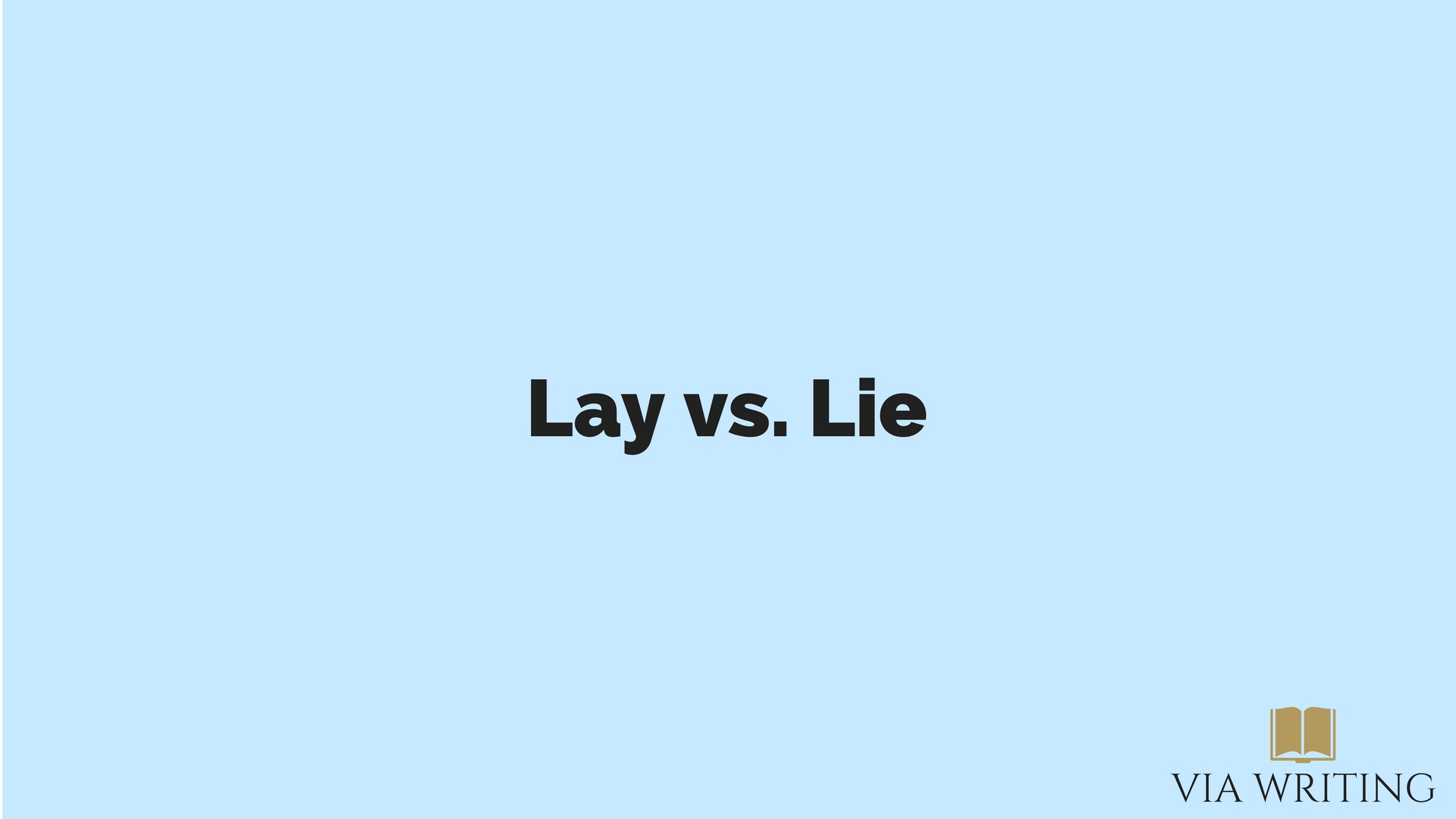When it comes to ‘further’ and ‘farther’, it’s hard to tell the difference. In fact, many seasoned writers still can’t tell the difference, and at this point they’re too afraid to ask. Luckily, there is a very quick trick you can use when you’re looking for the right one use. …
These two phrases sound as though they should mean the same thing, but in fact they can be very different when used properly. Here’s the difference between them, and how they should be used. At a very basic level, ‘Into‘ indicates movement, and can be the answer to the question …
English is full of confusing words, that sound very much alike. ‘Then’ and ‘Than’ are two such words. There’s only 1 letter’s difference, and people mix them up all the time. This is especially apparent in written English. Here’s the difference between the two, and how they should be used. …
At first glance, ‘Grey’ and ‘Gray’ are both the same word. For English speaking people, they both refer to the color that sits between black and white, and is seen as a neutral tone. As well as this, they can both refer to a gloomy or miserable mood or atmosphere. …
‘Subjective’ and ‘Objective’ sound very similar, but in fact they mean two very different things. ‘Subjective’ refers to information that is based on personal opinions, and ‘Objective’ refers to information that is based on factual evidence. They’re essentially descriptors for information or writing that help you decide whether they’re worthwhile …
At first glance, these two words look like they mean the same thing. However, looks can be deceiving. Compound words, after all, don’t always mean the same thing as the words that make them up. When they’re said aloud though, it’s difficult to hear the difference. There’s a simple difference …
‘Too’ and ‘to’ are possibly two of the most mixed up words in the English language. You see them being used incorrectly all the time, especially on social media. You’ll see, though, that that extra ‘o’ makes all the difference. The two words actually mean something different. The basic difference …
I.e. and e.g. are very commonly used abbreviations in English writing, but many writers don’t actually know how they should be used. They don’t actually mean the same thing as many people suppose, so how you use them matters. There is a critical difference between the two that you should …
Who vs. whom is a problem that many writers get stuck on. They feel as though they can’t ever know when the right time is to use ‘whom’, but in fact it’s not as hard as you’d think. There is a difference, and it’s not that hard to know when …
You may think that these two words are just different tenses of the same word, but in fact they can mean different things. They’re often confused in English writing. Here’s what you need to know. The basic difference between the two is that ‘lie’ doesn’t require a direct object, but …
